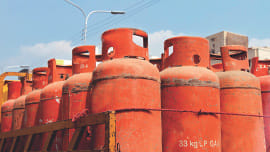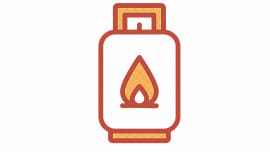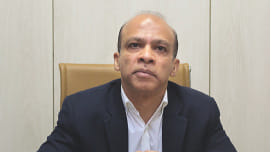Jamuna teams up with Bashundhara LP Gas to increase auto gas sales
10 June 2021, 16:42 PM
Bot Bangladesh
LPG growing in demand
28 December 2019, 18:10 PM
Supplements
LPG industry in a tough spot
28 December 2019, 18:00 PM
Supplements
Are we using LPG safely?
28 December 2019, 18:00 PM
Supplements
“Autogas will replace CNG and octane”
28 December 2019, 18:00 PM
Supplements
“Many operators are compromising safety and quality measures”
28 December 2019, 18:00 PM
Supplements
“Bangladesh is oversupplying local LPG-related products”
28 December 2019, 18:00 PM
Supplements
“The number of LPG operator licenses should be limited”
28 December 2019, 18:00 PM
Supplements
“LPG infrastructure in Bangladesh is over-invested”
28 December 2019, 18:00 PM
Supplements







